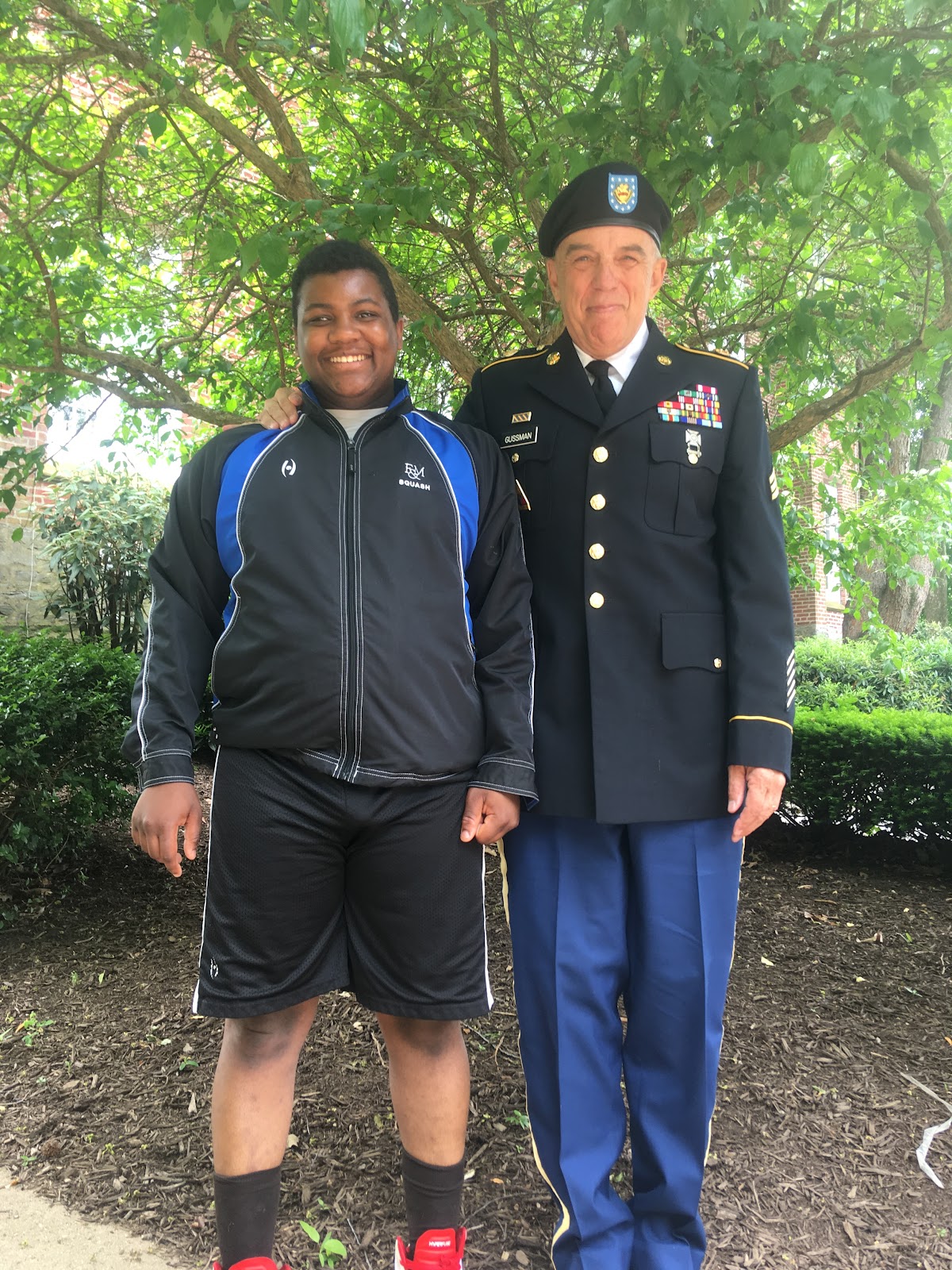In September I walked through this square in the center of Vienna where Hitler spoke from a balcony announcing the Anschluss (joining) of Austria and Nazi Germany. This sudden tragedy haunted "The Sound of Music" one of the annual movies of my childhood.
When Trump was elected, I read many books and articles about how The Holocaust happened. Each country was different. Each was a tragedy. In some ways, Austria was the worst.
Jews in Austria, Vienna in particular, had very good lives. They lived in a country of long cosmopolitan tradition. So when the Nazis took over on March 11, 1938, the change was sudden, dramatic and terrible. Teenagers planning to be in college the following year were in ghettos. Many lost one or both parents to suicide or beatings. Doctors, lawyers, professors, artists, writers and others middle class professionals were broke, shunned by all, their property confiscated, humiliated in public.
While no one could have believed in 1938 how bad The Holocaust would be, Jews in other countries had experienced years of prejudice and open violence. German Jews knew that rural white Christians, Catholics and Jews, led the coalition that put Hitler in power, knowing that Jews would suffer and die if he took office. Once the Nazis invaded Poland, Jews across Europe knew they were in mortal danger. They had months, sometimes years, to adjust to knowing the entire world hated them.
Austrian Jews went from citizens to pariahs overnight. Which is why, I believe, the suicide rate was so high among Austrian Jews. Their world collapsed overnight.
As an American Jew, I can barely imagine what it felt like to be a Jew when Nazis ruled much of Europe and had millions of sympathizers here in America. Anyone who thinks it was easy for Jews in America between the World Wars should read People Love Dead Jews by Dara Horn.
Since 2016, I have experienced an emotional kinship with Jews under the Nazis. When Trump was elected and put the Nazi-enabler Steve Bannon in the White House, I was alarmed. When Trump winked at the Nazis in Charlottesville, I thought America would show the true Nazi basis of "America First." The Tree of Life Synagogue shooting by a Trump lover is so far the worst violence against Jews.
From Trump's election to October 7 of this year, I joined more than 300 protests from New York to Washington, but mainly in Philadelphia. The only protest I have been to since October 7 was the Pro-Israel Rally on the National Mall.
Beginning on October 7 and since, many organizations I protested with have become open Jew haters. They have cheered HAMAS. The Jewish babies burned in their cribs, the Jewish women raped and killed, the slaughter of families in their homes is not even tragic, it is an acceptable cost.
So I can no more ally with those groups than I can join with the Republicans who want to abandon Ukraine and support Christian Nationalism.
Since October 7, Black Lives Matter, the Democratic Socialists of America, the World Workers Party, all of whom I have joined at protests, are now my enemy. If I am to ally with any feminist organization, I will want to see their condemnation of the barbaric violence against women on October 7.
HAMAS celebrated their rape and torture and murder on videos they posted on social media. A transcript of one is here.
The feeling I had on October 7 hearing BLM, DSA and other progressives is the sudden betrayal with an echo of Anschluss. Anyone who can cheer for HAMAS is the same as a swastika-wearing Nazi to me.




















